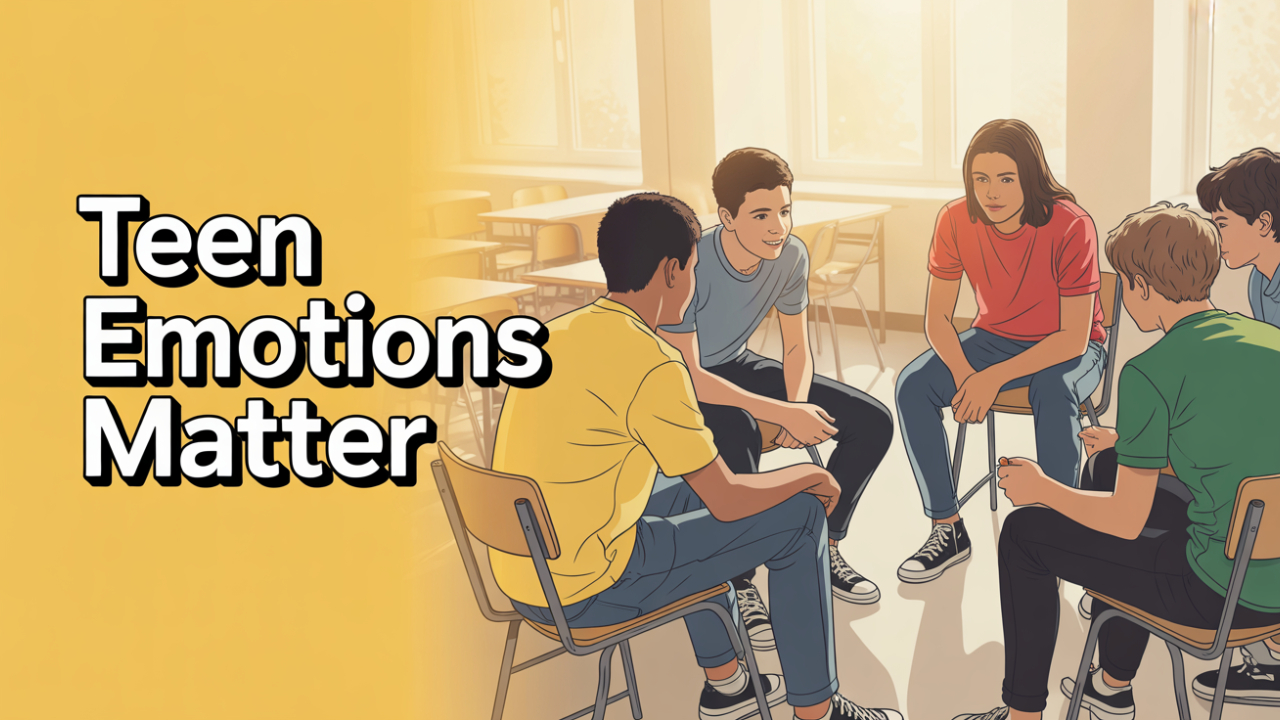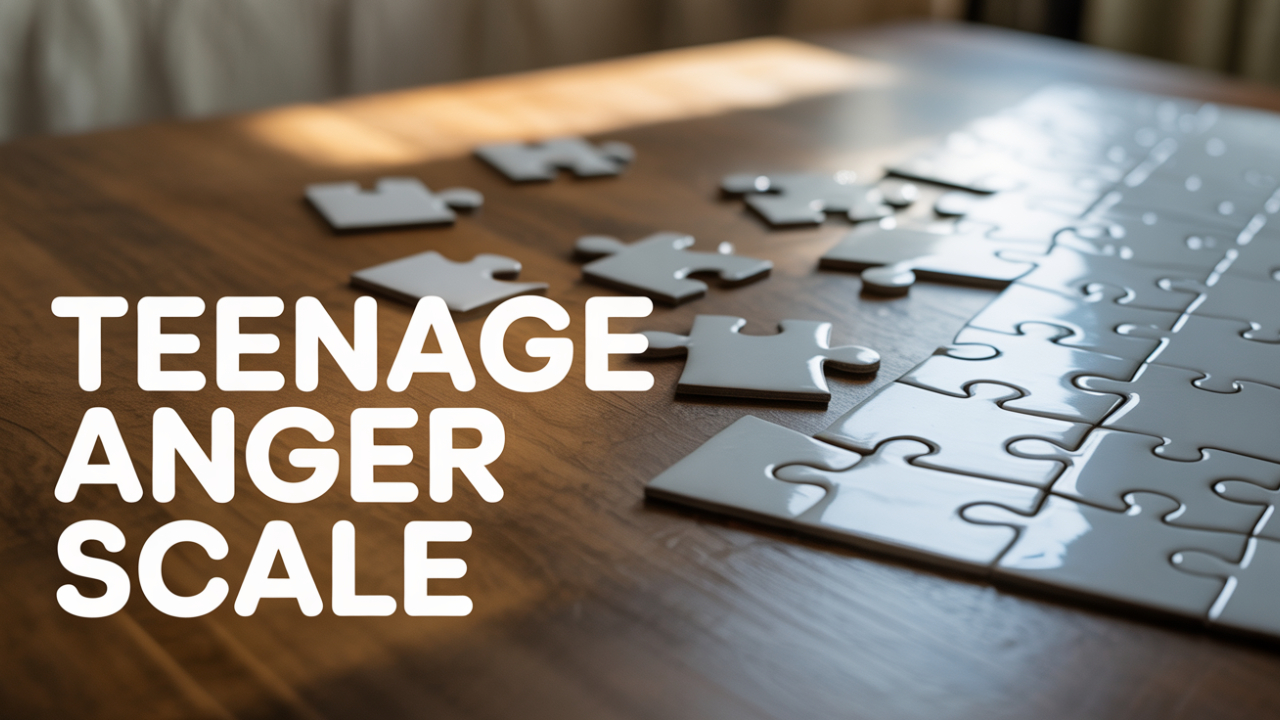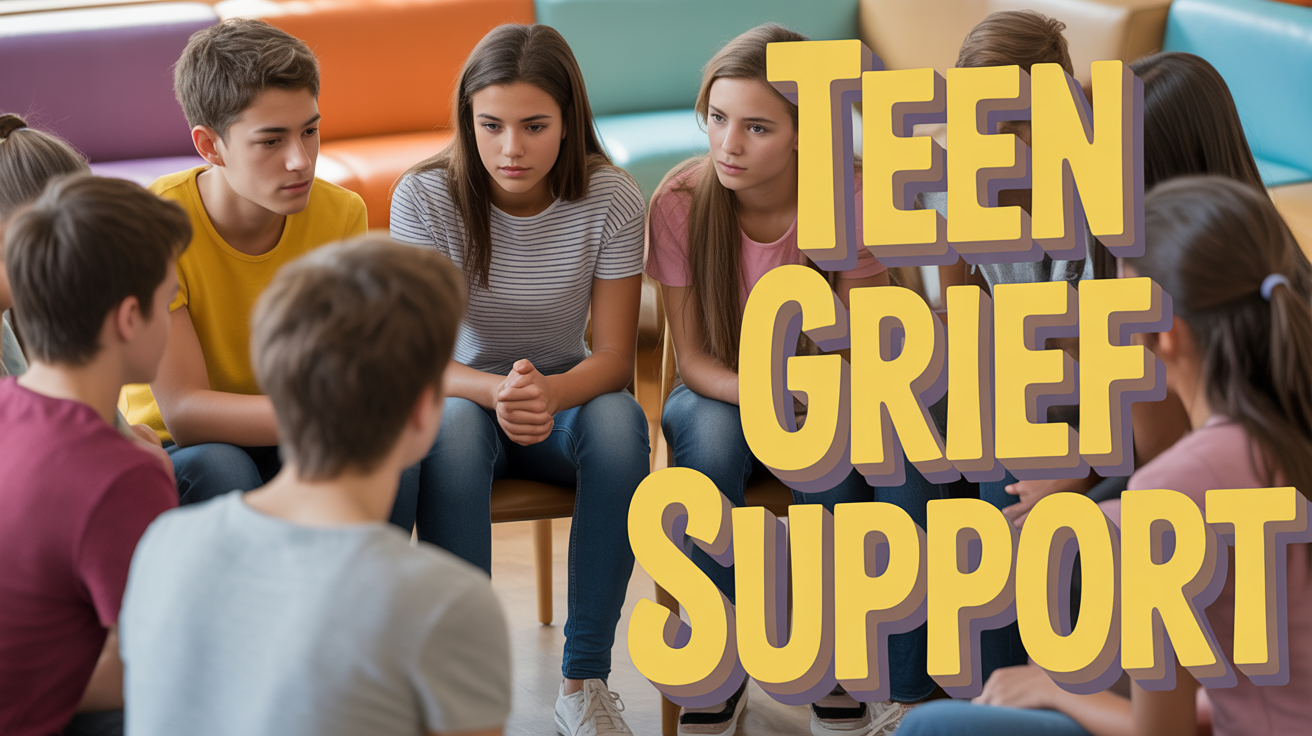
Teen Mental Health Apps: Do They Really Help?
Teen Mental Health Apps: Do They Really Help with Effectiveness and Virtual Therapy Options? Teen mental health apps combine guided

Teen Mental Health Apps: Do They Really Help with Effectiveness and Virtual Therapy Options? Teen mental health apps combine guided

Emotional Intelligence in Adolescence: How Teens Can Develop Emotional Skills for Mental Health and Success Emotional intelligence in adolescence shapes

Adolescent Anger Rating Scale: How to Assess and Manage Teen Anger Effectively Adolescent anger can disrupt school performance, family harmony,

emotional development in adolescence Emotional Development in Adolescence: Understanding Teen Emotions and How to Support Them Introduction: The Rollercoaster of

How Divorce Affects Teenage Behavior: Understanding Emotional and Behavioral Changes in Adolescents Divorce disrupts the sense of security that adolescents

Teen Grief Counseling and Support Options: How to Help Grieving Adolescents Losing someone close during adolescence can feel overwhelming and

Coping with Teen Identity Issues: Understanding and Supporting Adolescent Identity Development Adolescence brings a critical period of self-discovery—one in five

Teen Anger Management Online: Effective Virtual Anger Management Programs For Teens to Help Control Anger Anger issues affect up to

Teen Anger Management: Understanding and Addressing Anger Issues in Teens Angry outbursts can feel overwhelming for both adolescents and the

Effective Anger Activities for Teens: Proven Techniques and Virtual Support for Managing Teen Anger Teen anger can feel overwhelming when
Compassionate support, expert guidance, and tailored programs for adolescent mental health.
Connect with Adolescent Mental Health today. Let us guide your teenager towards resilience and well-being.
Bullying is a significant issue that can severely affect an adolescent's mental health. It often leads to feelings of isolation, anxiety, and depression, making it crucial for parents and guardians to recognize the signs and intervene early.
Research indicates that adolescents who experience bullying are at a higher risk for developing mental health disorders. Supportive environments, open communication, and counseling can help mitigate these effects and promote healing.
Teaching adolescents effective coping strategies is essential for their emotional resilience. Techniques such as mindfulness, journaling, and physical activity can empower teens to manage stress and anxiety more effectively.
For instance, mindfulness practices, such as meditation and deep breathing exercises, have been shown to reduce anxiety levels. Encouraging teens to engage in hobbies or sports can also provide a constructive outlet for their emotions.
Family plays a critical role in supporting adolescents through mental health challenges. Open communication and a supportive atmosphere can foster trust and help teens feel safe discussing their feelings and experiences.
Involving family members in therapy sessions can strengthen the support network for the adolescent. Parents and siblings can learn how to better understand and respond to the teen's needs, creating a more cohesive support system.
Early detection of mental health issues in adolescents is vital for effective intervention. Parents and educators should be aware of behavioral changes, withdrawal from social activities, and declines in academic performance as potential warning signs.
Regular check-ins and open dialogue can help identify these issues before they escalate. Schools can also play a role by implementing programs that educate staff and students about mental health awareness and resources available for support.